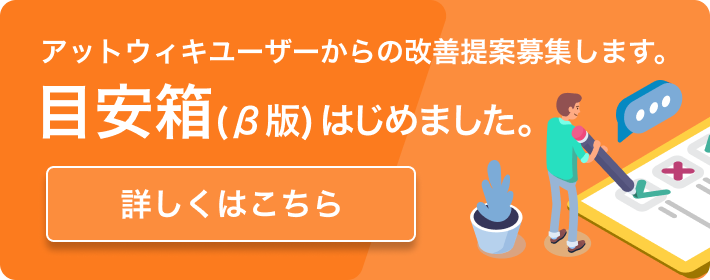Daily Yomiuri Online, March 29, 2008,3
Court: Books don't defame WWII vets / Army 'closely tied to Okinawa mass suicides'
The Yomiuri Shimbun
OSAKA--The Osaka District Court on Friday rejected a damages lawsuit against Nobel Prize-winning writer Kenzaburo Oe and a publisher brought by a veteran of the Imperial Japanese Army and a brother of a deceased veteran, who claimed descriptions in two books on mass suicides during the Battle of Okinawa were defamatory.
Presiding Judge Toshimasa Fukami denied the plaintiffs' claim, saying: "The army was deeply involved in the mass suicides, so it's possible to presume the veterans were involved. It's difficult to readily conclude that the veterans in question ordered [the civilians to commit] mass suicide, but the books' descriptions have reasonable grounds, and therefore, there is due reason to believe [the descriptions] are truthful."
The plaintiffs demanded 20 million yen in compensation and a publication ban on Oe's "Okinawa Noto" (Okinawa Note) and "Taiheiyo Senso" (Pacific War) by historian Saburo Ienaga, both originally published by Iwanami Shoten Publishers, in 1970 and 1968, respectively, on the ground that the books' claims that military personnel ordered civilians to commit suicide were false.
The plaintiffs plan to appeal to a higher court.
The plaintiffs are 91-year-old Yutaka Umezawa, who was the garrison commander on Zamamijima island, and 75-year-old Hidekazu Akamatsu, the younger brother of Yoshitsugu Akamatsu, who was the garrison commander on Tokashikijima island.
According to "Okinawa Noto," the mass suicides were ordered by Japanese troops. The book does not mention Umezawa and Akamatsu by name, but says, "Those in charge of the mass suicides have not atoned for Okinawa in the least."
"Taiheiyo Senso," however, does mention Umezawa directly, saying, "Umezawa ordered [the civilians to] commit mass suicide."
Fukami recognized the army's role in the mass suicides, based on the recorded testimony of citizens who said they were given hand grenades by the army for that purpose, and the fact that mass suicides were only reported on islands where troops were based.
As for Umezawa and Akamatsu, Fukami said: "Top-down organizations led by the plaintiffs and others were established on the islands. Therefore, it's possible to presume that [Umezawa and Akamatsu] were involved."
However, Fukami refrained from judging whether the veterans had directly ordered mass suicides, saying it was unclear how the orders were passed down the chain of command.
He also said, "The descriptions damaged the social standing of the two veterans and others, but it was reasonable [for the authors] to believe the incident was true, based on related documents and scholarship."
From March 1945 to April 1945, toward the end of World War II, residents on Zamamijima and Tokashikijima islands and Okinawa's main island committed suicide after being cornered by U.S. troops.
(Mar. 29, 2008)
